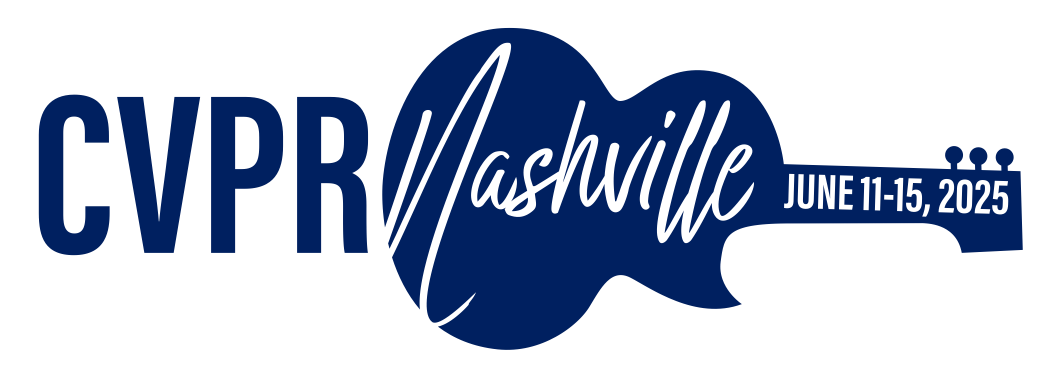-
[pdf]
[supp]
[bibtex]@InProceedings{Tseng_2025_CVPR, author = {Tseng, Gabriel and Kerner, Hannah and Rolnick, David}, title = {Task-Informed Meta-Learning for Remote Sensing}, booktitle = {Proceedings of the IEEE/CVF Conference on Computer Vision and Pattern Recognition (CVPR) Workshops}, month = {June}, year = {2025}, pages = {2269-2278} }
Task-Informed Meta-Learning for Remote Sensing
Abstract
Labels in remote sensing datasets - and particularly in agricultural remote sensing datasets - can be extremely spatially imbalanced, with plentiful labels in some regions but a sparsity of labels in other regions. When developing algorithms for data-sparse regions, a natural approach is to use transfer learning from data-rich regions. While standard transfer learning approaches typically leverage only direct inputs and outputs, remote sensing data (and geospatial data more generally) are rich in metadata that can inform transfer learning algorithms, such as the spatial coordinates of data-points. We build on previous work exploring the use of meta-learning for remote sensing contexts in data-sparse regions and introduce task-informed meta-learning (TIML), an augmentation to model-agnostic meta-learning which takes advantage of task-specific metadata. We apply TIML to regression and classification tasks in remote sensing for agriculture, and find that TIML outperforms a range of benchmarks in both contexts, across a diversity of model architectures. TIML was developed for remote sensing with the goal of improving the global accuracy (and equity) of machine learning models. However, it can offer benefits to any meta-learning setup with task-specific metadata -- we demonstrate this by applying TIML to the Omniglot dataset.
Related Material





